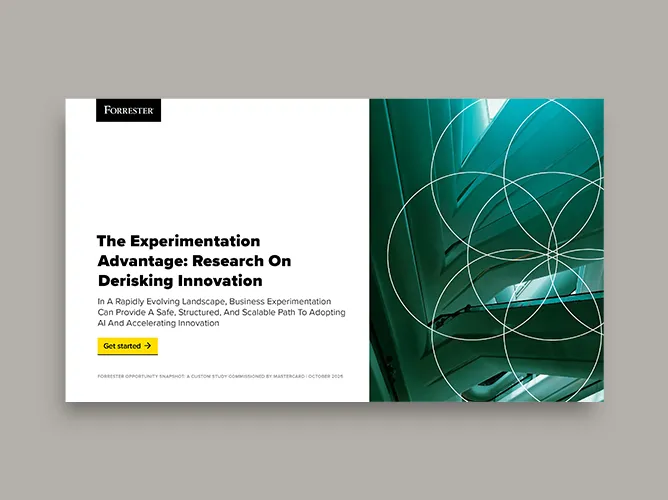Cyber Resilience is an organization’s ability to withstand, mitigate the impact of, and recover from a cybersecurity incident.
As systems become increasingly interconnected, and cyberattacks continue to grow in volume and sophistication, organizations must move away from siloed approaches to cybersecurity and business continuity, towards more holistic and resilient ones that integrate predictive defences, enduring protection and adaptive recovery.

Evolving cyber threat landscape
Organizations are expanding their digital footprints, and their network perimeters are becoming more complex and difficult to define.
As cybercriminals become increasingly adept at exploiting system vulnerabilities to modify, extract, or capture information, cyberattacks are no longer a matter of ‘if’ but ‘when’.
Many organizations now feel that the growth of attack tactics and techniques has outpaced the speed at which organizations can defend themselves.1
Towards a cyber resilient strategy
While traditional strategies often focus on technology and physical infrastructure, cyber resilient strategies focus on information.
Mastercard has developed a framework for developing and implementing comprehensive cyber resilient strategies that combines three business elements:
These three dimensions cover an exhaustive set of cyber resilience requirements including training and access management, information backups, security, compliance, support, and provider-specific technologies and processes.
Read the full Cyber Security Practice report, exclusively on Mastercard Business Intelligence Market Trends, to get an in-depth analysis of the global cyber threat landscape, and uncover our best practice framework for developing and implementing cyber resilient strategies.











